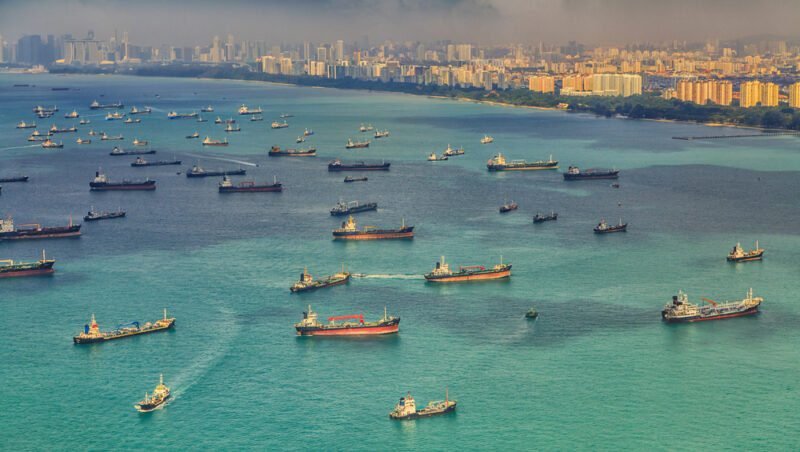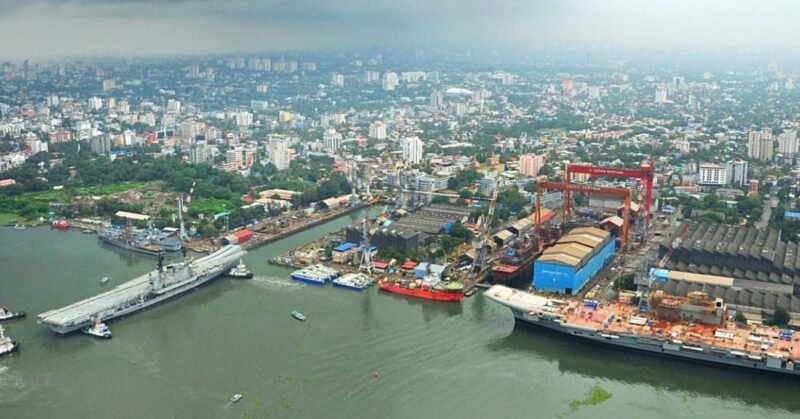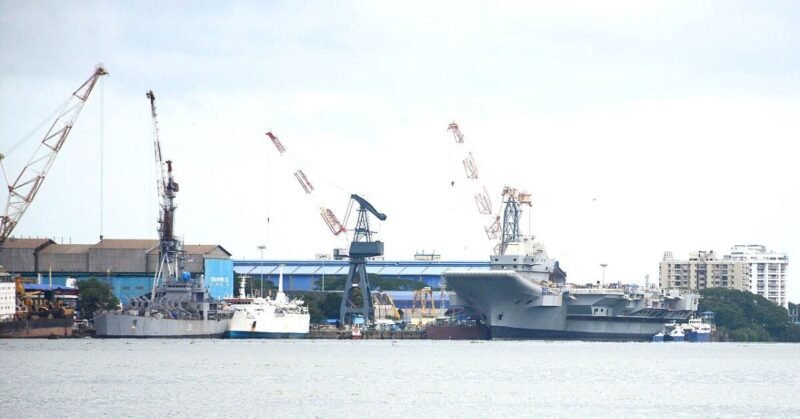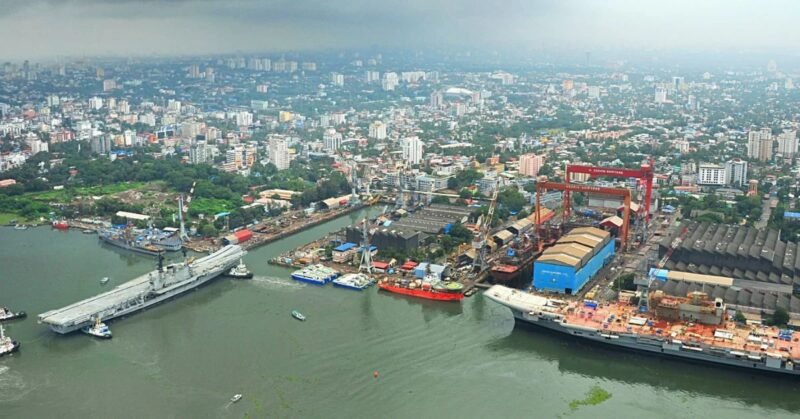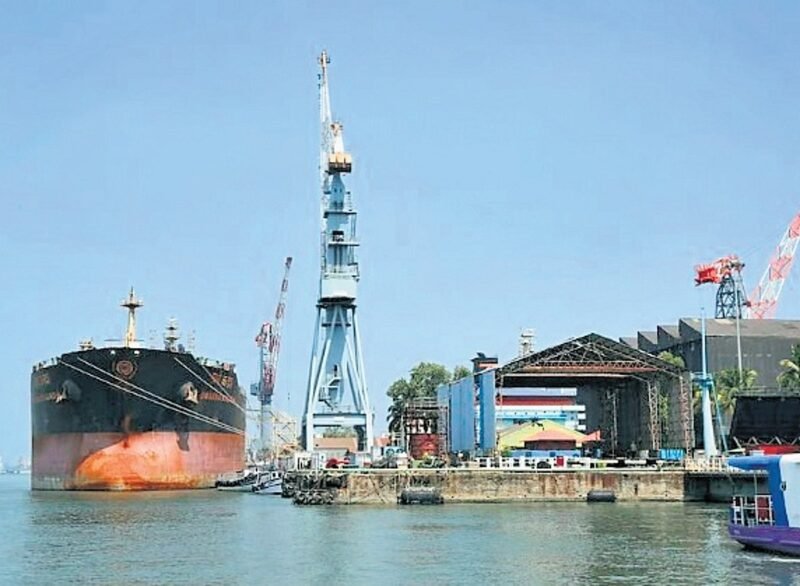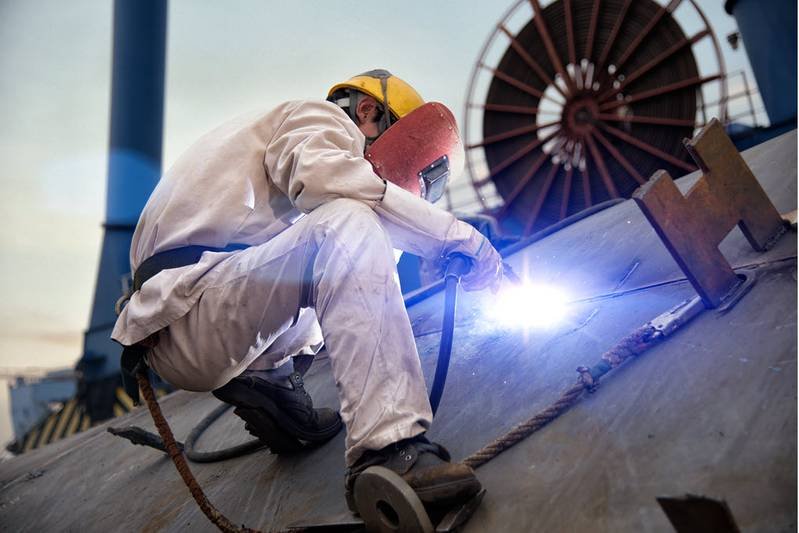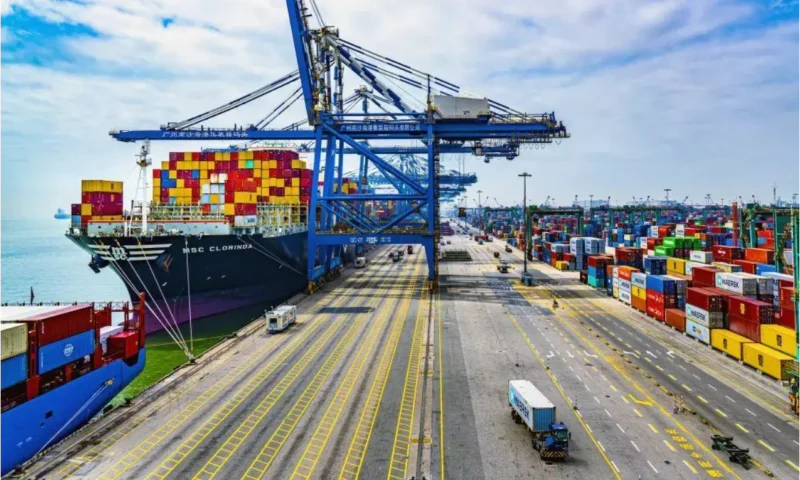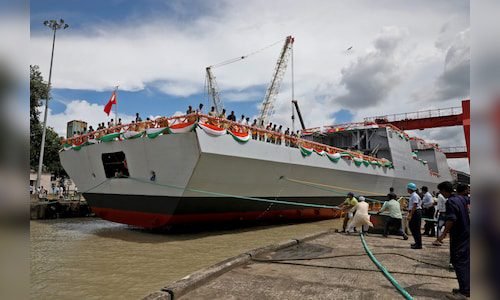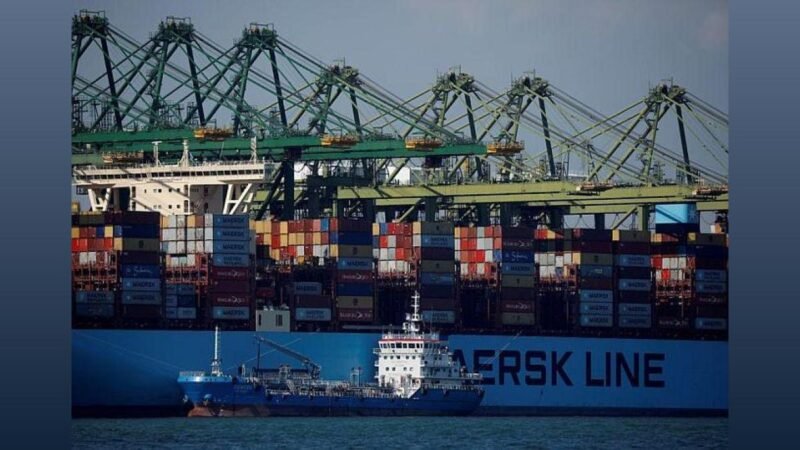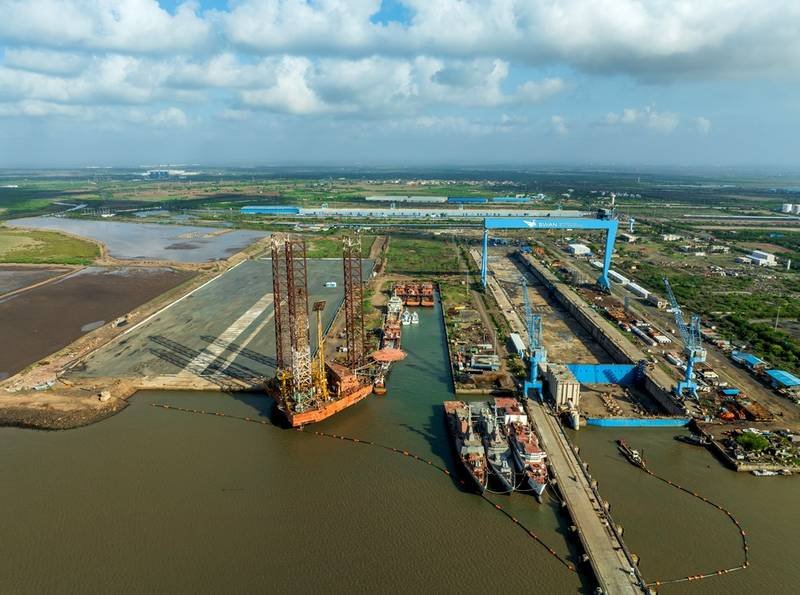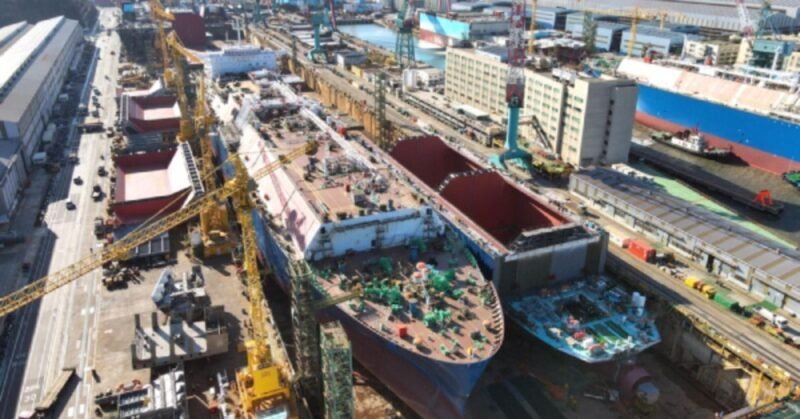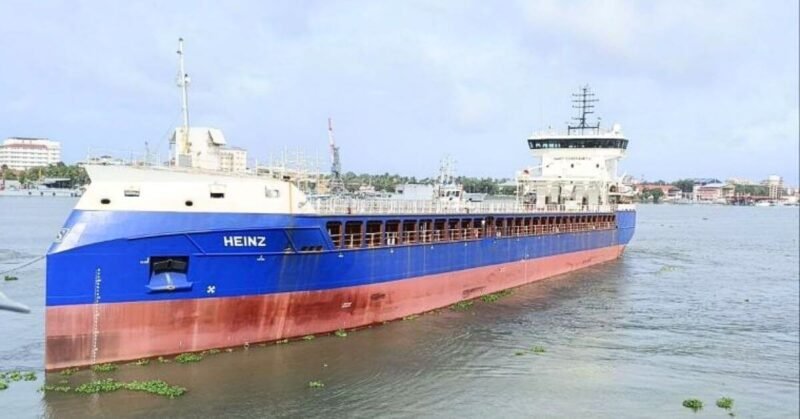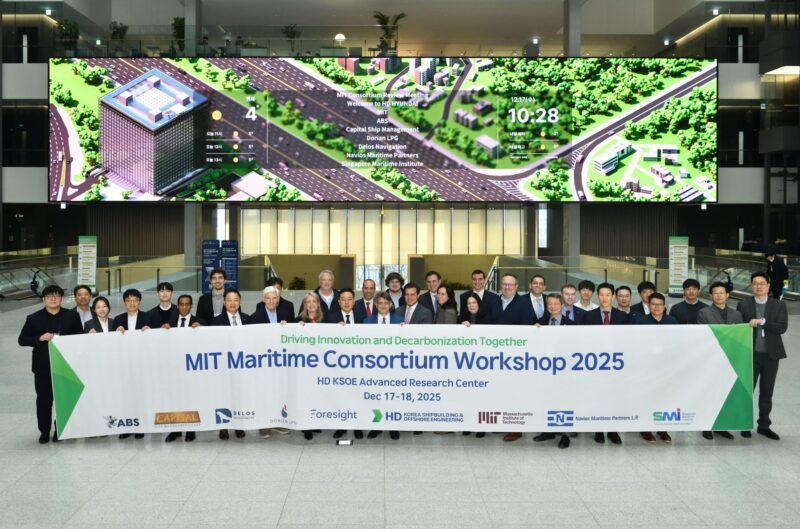The global merchant fleet is facing an aging crisis, with a significant portion of vessels expected to be over two decades old by 2030. Xclusiv Shipbrokers, based in Greece, has raised concerns about the ability of the fleet to meet the green targets set by the International Maritime Organization. This aging trend poses various challenges, from operational efficiency to environmental sustainability, as highlighted in Xclusiv’s recent report.
The report also reveals key findings about the global shipbuilding industry, showing a significant rebound due to increased freight rates. Bulk carriers, tankers, and gas carriers have seen a rise in their orderbook-to-fleet ratios, indicating a growing demand for new vessels. However, the pace of newbuilding deliveries is not sufficient to replace the aging fleet and meet the IMO’s environmental goals for 2030.
In specific segments like bulkers, tankers, containers, and gas carriers, a substantial portion of the current fleet is projected to be over 20 years old by 2030. This trend is particularly concerning in the tanker fleet, where nearly half of the vessels in deadweight tonnage terms will be over 21 years old by 2030. The container and gas fleets are also not immune to this aging process, with a significant percentage of vessels expected to surpass the 20-year mark by the end of the decade. Analysts at Alphaliner and RightShip have also noted similar trends in aging vessels, prompting a reevaluation of inspection criteria for older ships.


